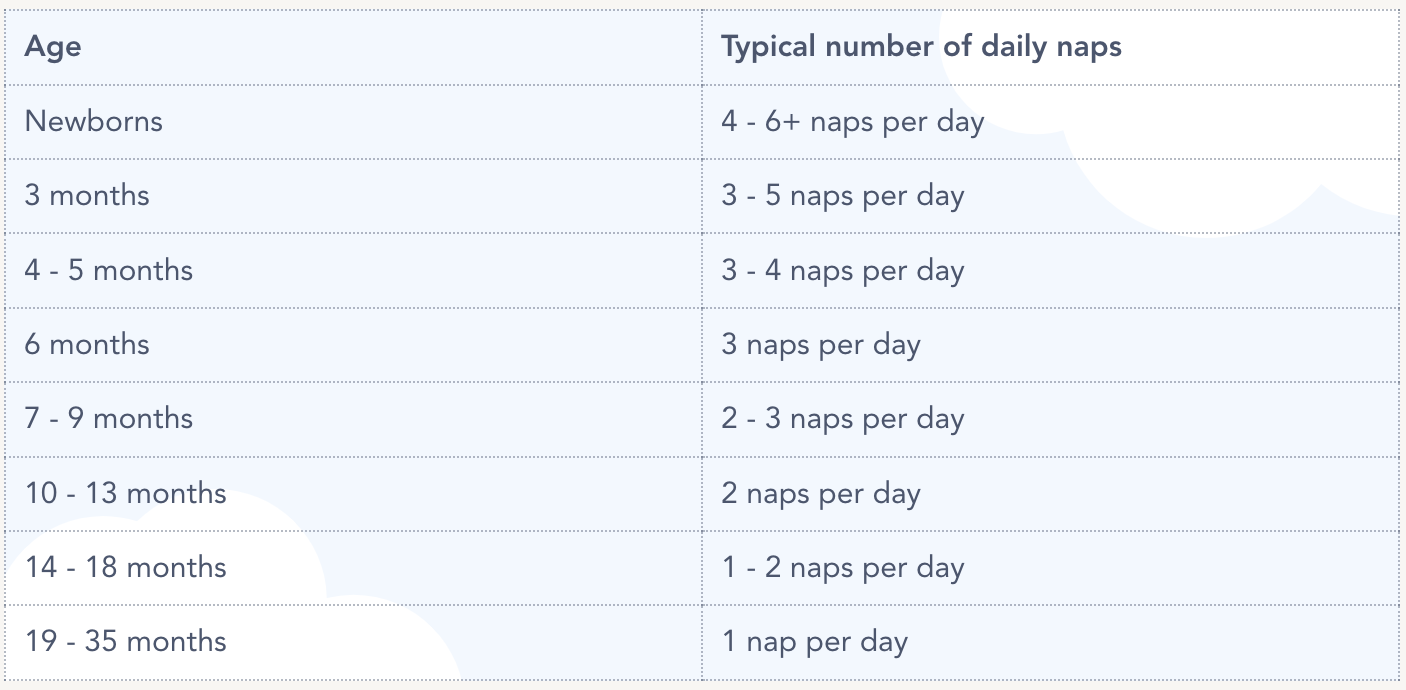
You may be so excited when your baby starts sleeping through the night, and then very confused and frustrated when that suddenly stops. This is called sleep regression, and some babies to through it at various times of their development. Continue reading to learn more about what a sleep regression is, and what you can do about it to help you and your baby get better sleep.
What is a sleep regression?
Sleep regression is a sudden, and significant decline in sleeping patterns that happens after a baby has demonstrated the ability to sleep. For example if you have a toddler that had been sleeping well, but then suddenly starts having some tough nights, that is an example of a sleep regression. Also, babies who have regular nap patterns, but then stop having naps out of the blue are also going through sleep regressions.
There may be some age groups where this happens more commonly, but when sleep regressions happen is completely up to your individual child. It's very difficult to predict when you'r child is going to have a sleep regression.
They can be caused by a variety of milestones or issues. These can include:
- Hitting various ages with significant neurodevelopment maturation
- The need for a new schedule
- Being sick
- Teething
- Traveling or change in routine
- Hitting milestones like crawling or sitting
The length of a sleep regression depends on the cause. Hitting various ages or developmental milestones can cause longer sleep regressions than those caused by identifiable causes, like illness or teething.
Signs of sleep regression
It can be difficult to identify when your child is going through a sleep regression. Some common signs are that they have night and daytime sleep issues.
Nighttime issues include trouble falling asleep at bedtime, increased frequency of nighttime awakenings, and waking up very early in the morning. Daytime issues include shorter naps, increased skipped naps, and a bigger resistance to naps.
How to handle sleep regressions
Reevaluate day sleep
Children's sleep needs are constantly changing. Therefore, you can't expect your child to sleep the same amount when they are six months as they did when they were newborns. If they are having trouble going to sleep at night, it may be because they are simply not tired because they have slept too much during the day. Same goes for daytime sleep. If they are requested to take too many naps, then they are going to fight the urge to sleep more than they feel is necessary. Consult the chart for the number of naps that are ideal for each age group, and adjust your child's nap schedule according to their individual needs.

(Credit: Huckleberry Care)
Find the right schedule
Scheduling can lead to a lot of sleep trouble during the day and night. Beyond determining whether or not your child needs to go to sleep, it can be tough to know what is an age-appropriate schedule. Finding a schedule that works for your child's age, and then enforcing it can really help get their sleep back on schedule. The dance between nap times and bedtimes are important as sleeping too late in the day can negatively effect nighttime sleepiness, and cause many issues. Play around with different options like no nap and earlier bedtime, earlier naps, taking away a nap, etc. and see what your child responds to best.
Be patient
As with all sleep disturbances, it's important to be patient. Try not to be discouraged if your baby wants to practice some of their new skills during nap time. Allow them the space to explore these newfound skills, toys, etc., and then work around that for better sleep.
Sleep train
When children fall asleep with the help of their parent (being held or soothed until they fall asleep) this can set up an expectation that is hard to break. Therefore, it is more beneficial to sleep train them so they learn to go to sleep on their own and self-soothe. If you've been helping your baby go to sleep, and that's no longer working, then you should consider helping your child fall asleep with fewer parental interventions. If your child is going through a significant change (new milestone, fewer naps, etc.) then give them time to adjust before making further changes
Reset expectations
If, during this time, you provided your child some extra assistance, they may start to expect that. Therefore, a they get settled into their new routine, it's important for their expectations to be reset to falling asleep independently. This may prolong the difficulties associated with sleep, but it is better in the long run. A quick refresher in sleep training, like the Ferber method, may be helpful to employ after they have settled into their new sleep routine.
Find an expert
If you've tried everything, and you don't know what else to do, then you may need to employ the help of a professional. These can include their pediatrician, baby sleep experts, and sleep health specialists. They will be able to provide you with a bit more support and guidance on how to overcome a sleep regression.
Click the orange button below if you are struggling with getting your child to return to sleep after a sleep regression, and need the help of one of our sleep exerts.
https://huckleberrycare.com/blog/navigate-sleep-regressions-and-pattern-shifts-like-a-pro

